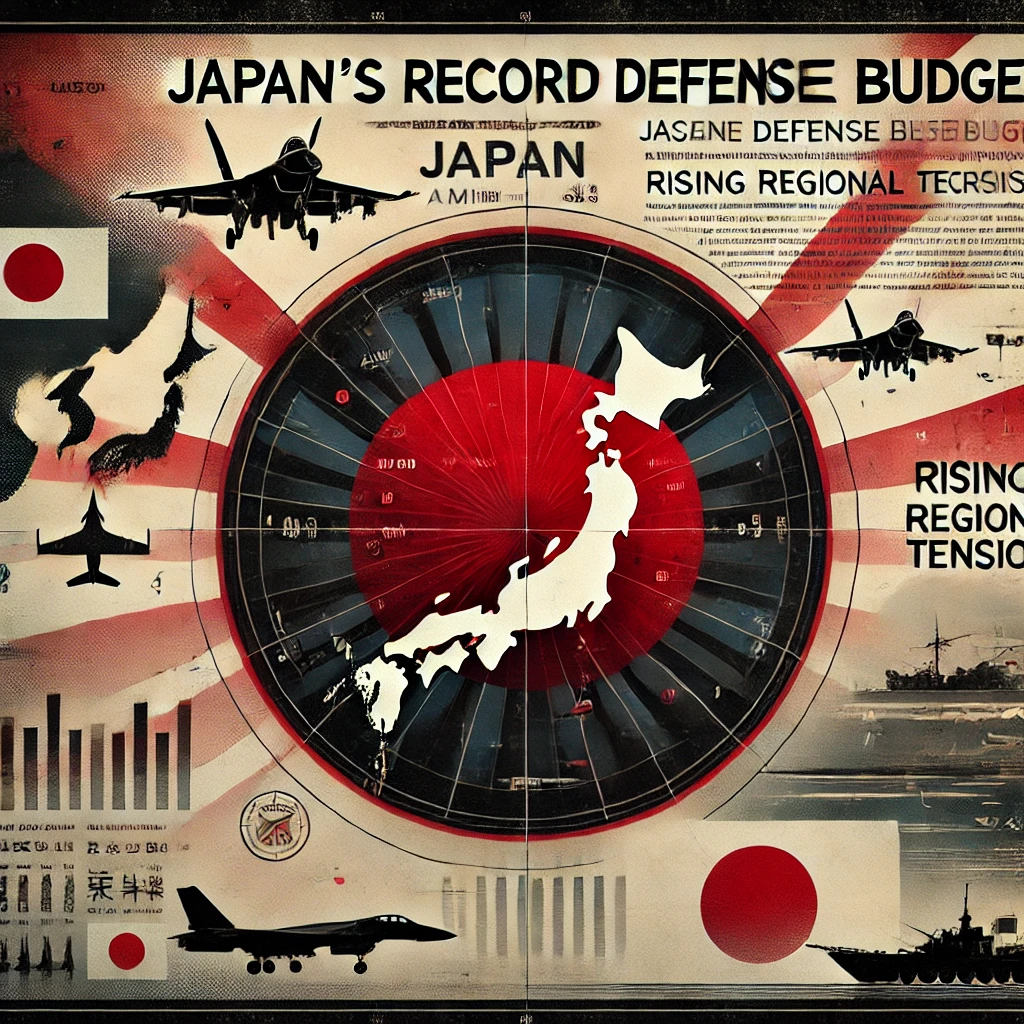Tokyo, Japan – Japan’s Ministry of Defense is requesting a historic budget of $59 billion for the upcoming fiscal year as regional tensions escalate. This record-breaking request, reflecting a sharp increase from previous years, underscores Japan’s growing concerns over security threats, particularly from China and North Korea.
In recent years, Japan has faced increasing provocations in its air and sea space, notably from China. According to Professor Tanaguchi, a special adviser at Fujitsu Future Studies Center and a professor at the University of Tsukuba, daily incursions by Chinese aircraft into Japanese airspace have become a routine challenge for Japan’s Air Self-Defense Force. The recent intrusion by a Chinese reconnaissance plane into Japanese sovereign airspace marks an alarming escalation in these provocations, underscoring the need for enhanced defensive capabilities.
Beyond the immediate concerns in the skies, Japan is also grappling with regular maritime intrusions by Chinese vessels. These incursions, often involving multiple Chinese ships entering Japanese territorial waters, have intensified over the past decade. The persistent nature of these threats has fueled the urgency behind Japan’s budget increase, with government officials emphasizing the need to bolster defenses before the situation deteriorates further.
Japan’s new budget proposal includes significant investments aimed at modernizing and expanding its military capabilities. This includes funding for AI technologies, automation, and salary increases to address the nation’s military recruitment crisis. Despite Japan’s strong overall employment market, attracting young talent to the defense sector remains a challenge as the private sector offers more competitive opportunities.
However, even with this proposed increase, Japan’s defense spending remains modest when compared to other major military powers. Professor Tanaguchi notes that while the budget is substantial, it is far from sufficient to fully bridge the gap between Japan’s current capabilities and the threats it faces from regional powers like China. He emphasizes that Japan’s strategy must involve close cooperation with allied nations, particularly the United States, Australia, and the Philippines, to effectively counter these threats.
Japan’s defense strategy is increasingly focused on regional partnerships, particularly in the face of shared security challenges. The Philippines, for example, has become a critical partner for Japan, the United States, and other allies. Collaborative defense initiatives between these nations are seen as vital to maintaining stability in the region, particularly as tensions in the South China Sea continue to simmer.
As Japan moves forward with its ambitious defense budget, the government is keenly aware that its success hinges on not just increased spending, but also on strengthening alliances and modernizing its military infrastructure. With regional threats showing no signs of abating, Japan’s proactive approach to defense is likely to play a pivotal role in shaping the security landscape of East Asia in the years to come.






























